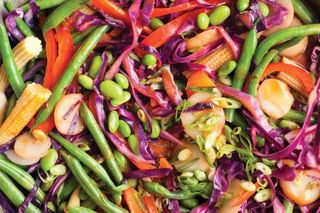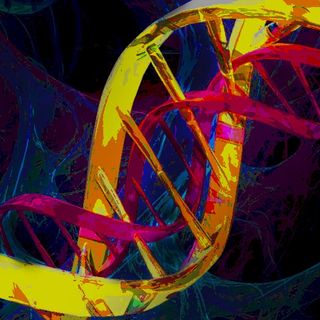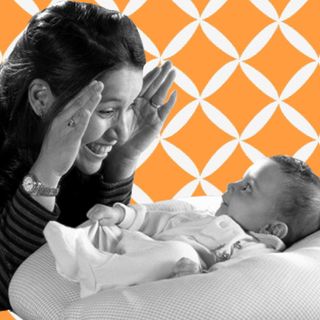
How Your Diet Might Affect Your Fertility
It’s mainly about eating for good health.

A quick Google search of ‘fertility and diet’ will lead to all sorts of promises and advice — a fertility diet that is guaranteed to get you pregnant, a list of foods to eat to get pregnant tout de suite, a host of dietary guidelines on how to boost fertility. But ultimately, how diet affects fertility boils down to something quite simple: a broadly healthy diet supports fertility, and an unhealthy diet impairs fertility.
But what does this mean practically?
What to include in your diet to boost fertility
Earlier this year, researchers from Harvard University’s T.H. Chan School of Public Health and Harvard Medical School conducted a review of all research to-date examining how diet affects fertility. They found that a healthy diet — one that typically comprises whole grains, fruits, vegetables, legumes, nuts, healthy fats (like olive oil rather than butter), and (if you’re non-veg) chicken and fish — boosts fertility in women, and improves semen quality in men.
(While semen quality isn’t necessarily a 100% accurate predictor of fertility in men, it’s the closest indicator from the studies available — most of which did not examine fathers’ diets and their relation to successful conception.)
Researchers also found a few key nutrients are associated with better fertility in women, specifically folic acid, vitamin B12, and omega-3 fatty acids. These nutrients are important not only for conception, but also for the healthy development of a fetus throughout pregnancy. For this reason, folic acid and vitamin B12 are key nutrients in prenatal vitamins, which women who are trying to conceive should already be taking. Omega-3 fatty acids can be added to the diet through supplements, too, or from eating fatty fish like salmon and tuna.
The researchers’ analysis also found small suggestions that, for women who are trying to conceive via IUI or IVF, a diet high in soy products, channa, peanuts and other food sources of isoflavones (plant-based compounds that mimic the effects of estrogen) might be helpful; at the same time, the fertility of male partners in the IUI and IVF process might be supported by antioxidant supplements — but also maybe not. They concluded that there’s not really enough research yet to speak definitively to a diet that supports fertility assistance, beyond what boosts fertility in general.
Ultimately, what this boils down to is: a healthy diet supports healthy fertility — just like it supports health in general — and specific supplements in addition to that support conception and fetal growth.
So, the question then becomes — are there any foods that damage fertility? foods to avoid if you’re trying to get pregnant?
Related: Your Diet During an Active (or Inactive) Pregnancy
What foods to avoid if you’re trying to get pregnant
Diets high in trans or saturated fats, as well as red and/or processed meats, potatoes, and sugar-sweetened food products and beverages, seem to inhibit fertility in both animal and human studies.
Interestingly, however, soy products, caffeine, alcohol and vitamin D — all discouraged by one internet article or another that aims to advise on the so-called ‘ultimate’ fertility diet — don’t seem to have any affect on fertility, good or bad, according to the Harvard study.
What does this mean for you?
Eat a balanced, healthy diet and take your prenatal vitamins. For most people, that’s all you and your partner can do, when it comes leveraging your diet to help you get pregnant.
Liesl Goecker is The Swaddle's managing editor.
Related


Scientists ID Genetic Causes Behind Repeat Molar Pregnancy, Miscarriage
